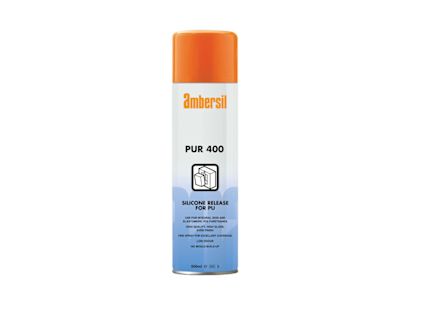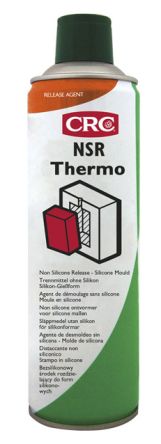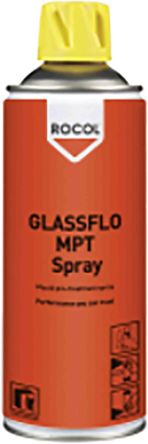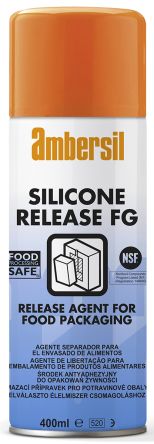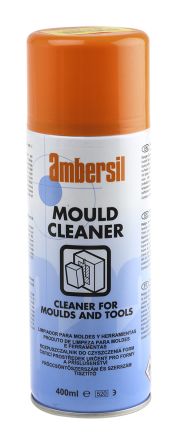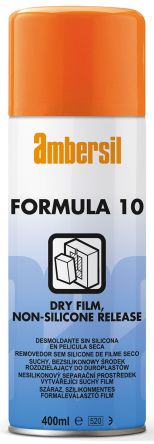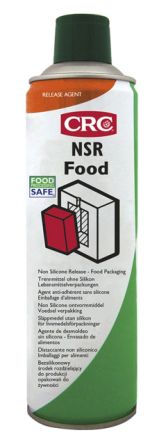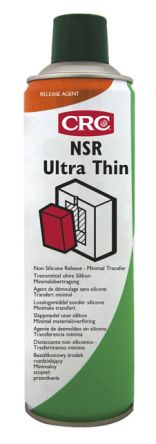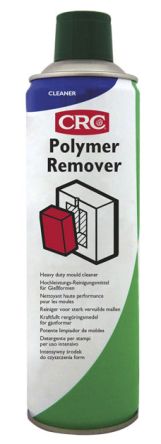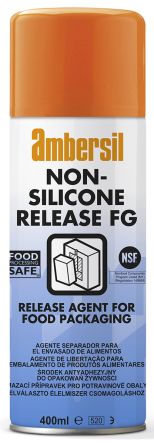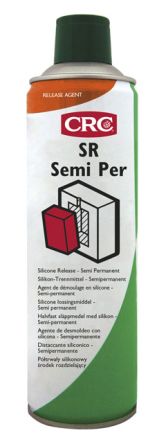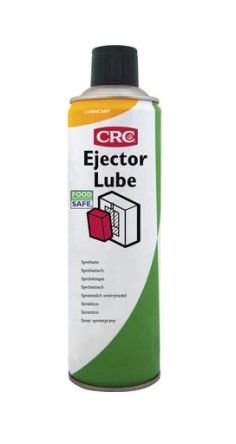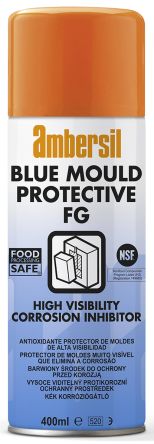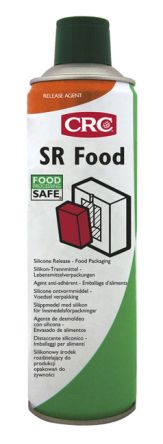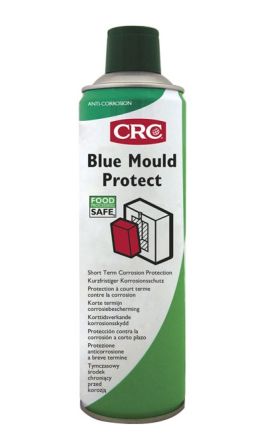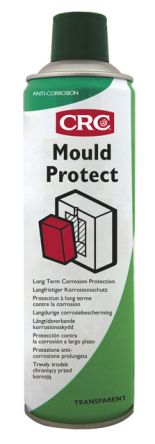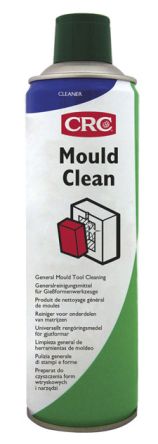- Automation & Control Gear
- Cables & Wires
- Enclosures & Server Racks
- Fuses & Circuit Breakers
- HVAC, Fans & Thermal Management
- Lighting
- Relays & Signal Conditioning
- Switches
- Batteries & Chargers
- Connectors
- Displays & Optoelectronics
- ESD Control, Cleanroom & PCB Prototyping
- Passive Components
- Power Supplies & Transformers
- Raspberry Pi, Arduino, ROCK, STEM Education & Development Tools
- Semiconductors
Mould Release Agents
Mould release agents are effective lubricants capable of multiple uses, but these aerosol sprays are most commonly used to prevent surfaces from bonding to the mould in injection moulding, allowing the finished product to be removed safely without damaging the finish. They are also used to protect moulds from corrosion during storage, ensuring they remain safe to use and extending their work life. Our curated range features products leading brands in the industry, including Ambersil, CRC, Electrolube and Rocol.
What are release agents made from?
Mould release agents are commonly made from silicone or PTFE (Polytetrafluoroethylene). It is important to choose a mould release agent that will not affect the moulded product itself, unless a particular surface finish is desired, such as a matte or shiny.
What are mould release agents used for?
Release agents allow for objects to easily be removed from moulds without damaging the product or the mould itself. Ultimately, this ensures a longer life for the mould, reducing production costs as a new mould does not have to be created, and helps to improve efficiency by making products easier to remove and preventing difficult clean-ups where items have become stuck.
Although primarily used for releasing objects in injection moulding, release agents can be used as lubricants in a wider range of applications. They are commonly used within the automotive industry on various materials, including the rubber door joints on cars and vehicles to prevent them sticking and drying. They are also used to protect the bodywork from weld splatters, making clean up much easier. Outside of industrial applications, release agents can also be used within the home to lubricate drawers, curtain rails and windows for smooth operation.

